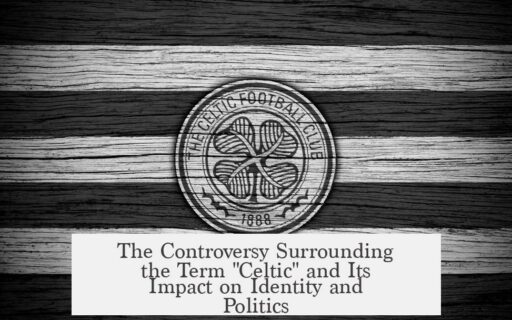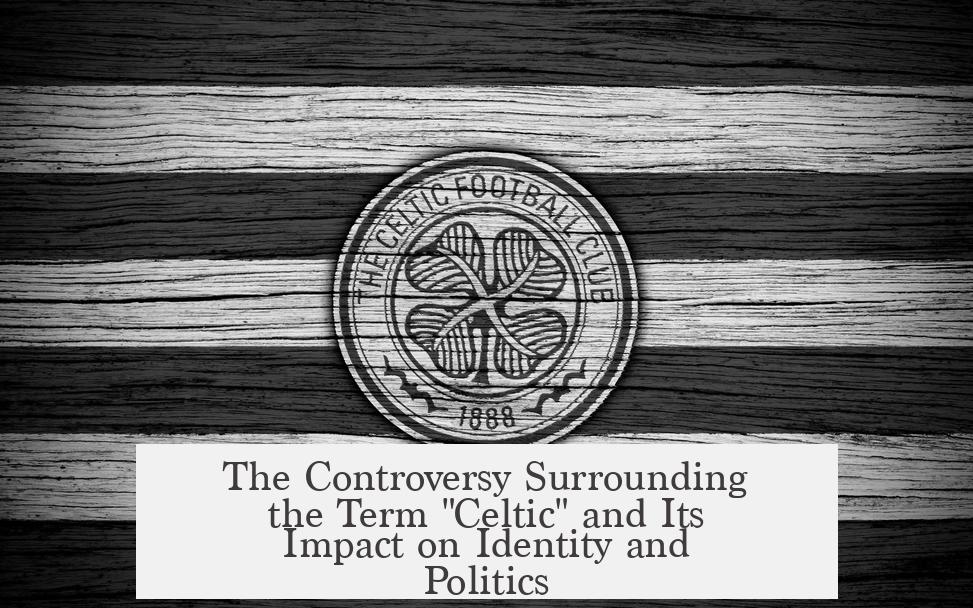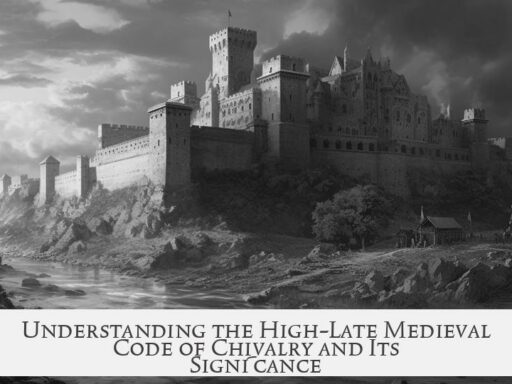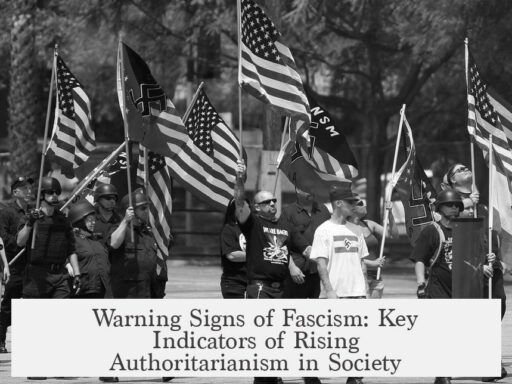The problem with the word “Celtic” lies in its complexity and historical ambiguity, involving issues of identity, origin, linguistic classification, political use, and cultural connection.
The term “Celtic” does not reflect any known self-identification by ancient or modern peoples in Ireland or Scotland. Historical records show no evidence that either continental or insular groups called themselves “Celtic.” Classical authors such as Greek and Roman writers mention “Celts,” but they likely used the term as a broad label for tribes outside the Roman world rather than as a precise ethnonym. Scholars even debate whether the term originally came from a Celtic root or a Greek one, raising questions about its validity and meaning.
In the early modern period, figures like Paul Yves Pezron and Edward Lhuyd linked the modern Celtic languages to ancient peoples described in classical texts. Lhuyd’s research established linguistic connections between Brythonic languages (Welsh, Cornish, Breton) and Goidelic languages (Irish, Scottish Gaelic, Manx), unifying these into the category of “Celtic languages.” This association extended beyond language to shared cultural traits like artistic motifs characterized as “Celtic art,” although some of these links now face skepticism. Hence, academic fields studying Ireland, Scotland, Brittany, and related areas often fall under “Celtic Studies.”
There is debate about the historic migrations traditionally believed to have spread Celtic culture from continental Europe to the Atlantic islands. While earlier theories suggested mass migrations brought Celtic languages and culture to areas like Ireland and Britain, newer research challenges this view. Some evidence implies Celtic functioned as a lingua franca or trade language along the Atlantic coast, used by varied groups rather than a single migrating population. If Celtic was a common trading tongue rather than the language of a distinct migrating people, then the justification for grouping these disparate societies under one “Celtic” identity becomes less clear. The linguistic and cultural bonds linking Ireland, Scotland, Wales, Brittany, Cornwall, and the Isle of Man may be more complex and less coherent than previously thought.
The political history of the 20th century adds another layer to the problem. Edward Lhuyd helped found the Pan-Celtic Congress in 1917, promoting the six recognized modern Celtic languages in response to cultural suppression. Governments in Britain and France often punished speakers of minority languages like Welsh, Irish, and Breton. The political narrative used ancient claims of “Celtic” heritage to argue for the preservation and promotion of these languages, equating their cultural value with classical languages like Latin or Greek. This movement created a cultural bond based on shared oppression and identity. However, some critics, including opponents of language revival policies, exploit academic debates about Celtic origins to challenge the legitimacy of governmental support for Celtic languages on road signs, schools, and media.
| Aspect | Details |
|---|---|
| Self-Identification | Ancient and modern populations did not call themselves Celtic. |
| Origins | Debate about whether “Celtic” was Greek or Celtic in origin. |
| Linguistic Connection | Modern Celtic languages linked to classical peoples by scholars like Lhuyd. |
| Migration Theory | Old view of mass migration replaced by trade lingua franca hypothesis. |
| Political Use | Pan-Celtic movement promoted minority languages politically and culturally. |
| Cultural Symbols | “Celtic” art motifs may not belong to one culture. |
Alternative perspectives suggest that the word “Celt” could derive from roots meaning “noble” or “highlander,” reflecting social status or geographic traits such as mountainous regions rich in resources. Genetic studies show that many populations in Ireland, Wales, Scotland, parts of Italy, and western Europe share ancient gene pools linked to those classical “Celts,” indicating real biological continuity beneath the complex cultural stories.
Addressing “What’s the problem with the word ‘Celtic’?” shows it is a multifaceted term. It carries uncertain origins, lacks clear historical self-identification, and has been shaped by political agendas. While it remains a useful linguistic and cultural label, its application oversimplifies history and identity.
- The term “Celtic” was not used historically by the groups it now describes.
- Early scholarly links between language and culture are now debated and sometimes contested.
- Migration-based origins of Celtic culture face newer evidence supporting trade-based language spread.
- 20th-century political movements shaped modern Celtic identity and language preservation efforts.
- The word’s etymology and its cultural and genetic associations remain complex and nuanced.
What’s The Problem With The Word “Celtic”?
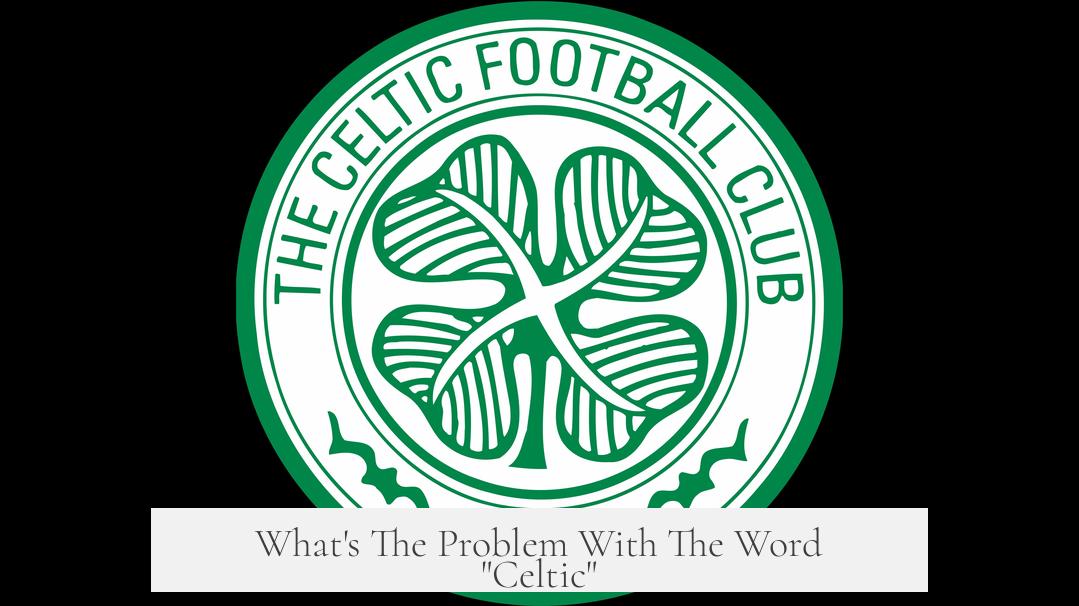
Simply put, the trouble with the word “Celtic” is that it’s a label nobody originally chose for themselves, tied to a debated history, and heavy with political baggage. For centuries, this word has caused confusion for historians, linguists, and anyone casually exploring the cultures of Ireland, Scotland, Wales, and beyond. But why exactly? And what’s going on beneath this mysterious term? Let’s dive in.
When you scratch the surface, the first odd thing about “Celtic” is that no one living in Ireland or Scotland historically identified themselves as Celtic. This isn’t just a modern oversight—ancient continental Celts don’t seem to have called themselves that either. The only uses of the term come from ancient Roman and Greek writers who, from their viewpoint, lumped many tribes outside their empires under one name.
A Word Born From Outside Perspectives
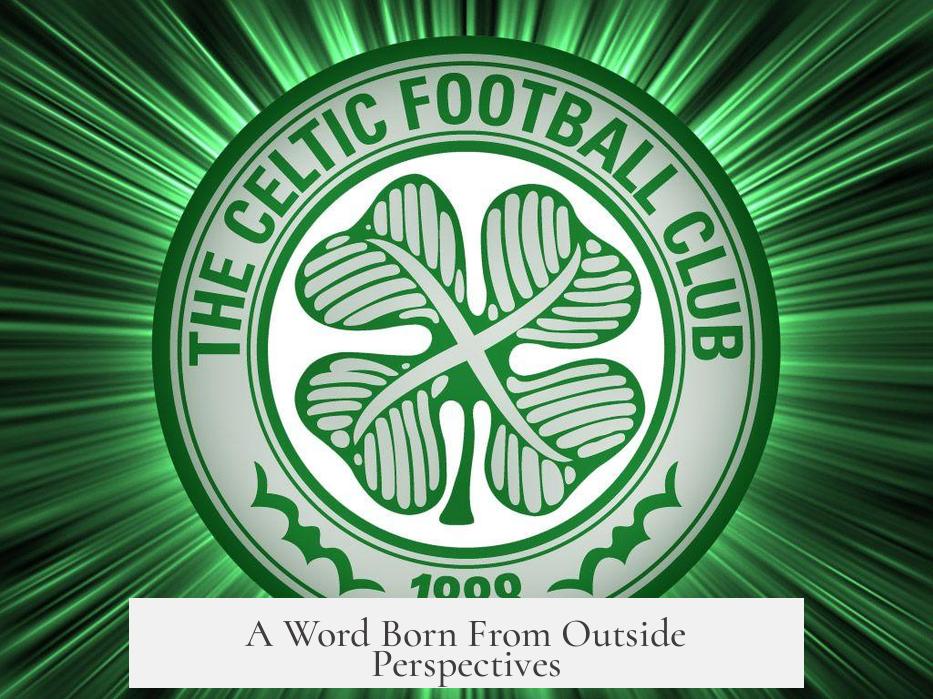
Imagine being named not by yourself but by your neighbors who barely understand your language or culture. That’s exactly what happened here.
Historical writers from Rome referred to these tribes as “Celtae” or “Keltoi,” but it’s debated whether even they used it as a genuine self-identifier or just as a catch-all for “those foreign folks beyond us.” So, when modern scholars and enthusiasts call Irish or Scottish people “Celtic,” it’s a retrospective label—essentially painted on from the outside.
Who Coined “Celtic” and Why?
The connection we now make between these ancient peoples and the Celtic language group comes mainly from scholars like Paul Yves Pezron and Edward Lhuyd in the 17th and 18th centuries. Lhuyd was a pioneer, spotting linguistic links between Welsh, Irish, and other languages found around the Atlantic archipelago, and tying them to classical texts.
They concluded that the “Celtic” peoples migrated from the continent to places like Ireland, Scotland, and Brittany, bringing their language and culture. This idea shaped the academic discipline of “Celtic Studies,” which still flourishes today.
But is that migration story true? Modern scholars aren’t so sure. Some suggest there was no grand Celtic invasion. Instead, the Celtic language might have been a kind of common tongue used along the Atlantic coast for trade—like a trade radio channel rather than a sign of a unified people with shared origins.
Language vs. Identity: The Migration Debate
If there was no mass migration, what does it mean to call Ireland, Scotland, Wales, Cornwall, Brittany, and the Isle of Man “Celtic”? If “Celtic” started as a linguistic category and not a cultural or ethnic one, the tight association between these regions becomes shaky.
This brings us to the heart of the problem: the word “Celtic” lumps together diverse groups with distinct histories and cultures, under a single label that may not fit them all.
Is this really helpful, or does it oversimplify? Could we better appreciate each culture in its own right without forcing them into the Celtic box?
A Political Word with 20th Century Weight
Then there’s the modern political spin. Edward Lhuyd, beyond his academic work, founded the Pan-Celtic Congress in 1917.
This was not just scholarly fun but a political effort to support six Celtic languages: Welsh, Breton, Cornish, Irish, Manx, and Scottish Gaelic. Speakers had faced harsh punishment for using their native languages in schools under English and French rule. The Pan-Celtic Congress gave them a united voice to claim their linguistic heritage as important as Latin or Greek.
Because of this, the word “Celtic” took on emotional and political weight in the 20th century. It became a rallying cry for language preservation and cultural pride.
But, interestingly, some people oppose governmental support for Celtic languages, often citing academic debates about the term’s accuracy to question funding for education, signage, or media in Celtic languages.
Alternative Meanings: A Noble Word?
Where does the word itself come from? Linguists don’t agree. Some say it’s of Celtic origin; others argue Greek roots. The word bears resemblance to Lithuanian kilti (to rise) and Latin celsus (lofty, noble). That sparks a poetic theory: perhaps “Celts” meant “the nobles” or “highlanders,” especially as the Alpine region was rich in salt and iron—prized resources in ancient times.
But even DNA adds layers. Genetic studies confirm that a significant part of male lineages in places like Ireland, Scotland, Wales, northern Italy, the Basque country, parts of France, Belgium, and Switzerland descend from the groups described by Roman and Greek historians as “Celts.” This shows there’s some biological reality behind the term, even if modern identity never fully embraced it.
Why Should We Care?
Isn’t this just academic hair-splitting? Not really. The word “Celtic” influences how people see themselves and their heritage. It impacts language revival, cultural tourism, academic fields, and politics.
Knowing that the term is complicated encourages us to ask better questions: What do people really identify with? Are we preserving languages and cultures for the right reasons? Can we honor histories that are more diverse than the neat “Celtic” category allows?
It reminds us that words have power—but they also have limits.
Final Thoughts
The problem with the word “Celtic” is that it’s a bit of a historical and linguistic puzzle box. It’s a label invented from outside perspectives, tied to a debated migration theory, and laden with political causes in the modern era. It groups together distinct cultures whose people didn’t necessarily see themselves as a unified tribe.
But it also connects modern speakers and learners of Celtic languages via a shared political and cultural heritage. DNA and some historical facts back up connections across Europe. The challenge is balancing respect for the term’s historical ambiguity with its importance in the lives of millions today.
So next time you hear “Celtic,” ask yourself: What does this mean to me? Am I embracing a proud, diverse heritage, or just buying into a neat story made by ancient outsiders and modern enthusiasts? Either way, the story behind the word is as rich and intricate as the spirals on a piece of Celtic art.
What is the main issue with the word “Celtic” in historical terms?
Neither ancient continental peoples nor modern groups in Ireland or Scotland identified as “Celtic.” The term was mainly used by Classical writers and might have been a general label for outsiders. Its validity as a distinct identity is debated.
How did the term “Celtic” come to be associated with the modern languages?
Scholars like Edward Lhuyd linked the ancient references to “Celts” with modern Brythonic and Gaelic languages. They connected cultural motifs and manuscripts to create a continuous “Celtic” identity, influencing academic fields like Celtic Studies.
Why is the migration theory about Celtic peoples controversial?
Recent research suggests there might not have been a mass migration from continental Europe. Instead, Celtic could have been a trade language along the Atlantic coast. This questions why we strongly link Ireland, Scotland, and related regions with the word “Celtic.”
How did 20th-century politics shape the use of the term “Celtic”?
The Pan-Celtic Congress promoted Celtic languages as important minority tongues facing suppression. Linking them to ancient history helped argue their value, especially as speakers faced punishment for using their languages in school and society.
Are there alternative meanings or origins of the word “Celt”?
The word may derive from roots meaning “to rise” or “noble.” This hints that “Celtic” could have referred to social status or geography. DNA studies show many European populations descend from ancient groups described by Romans and Greeks as Celts.
